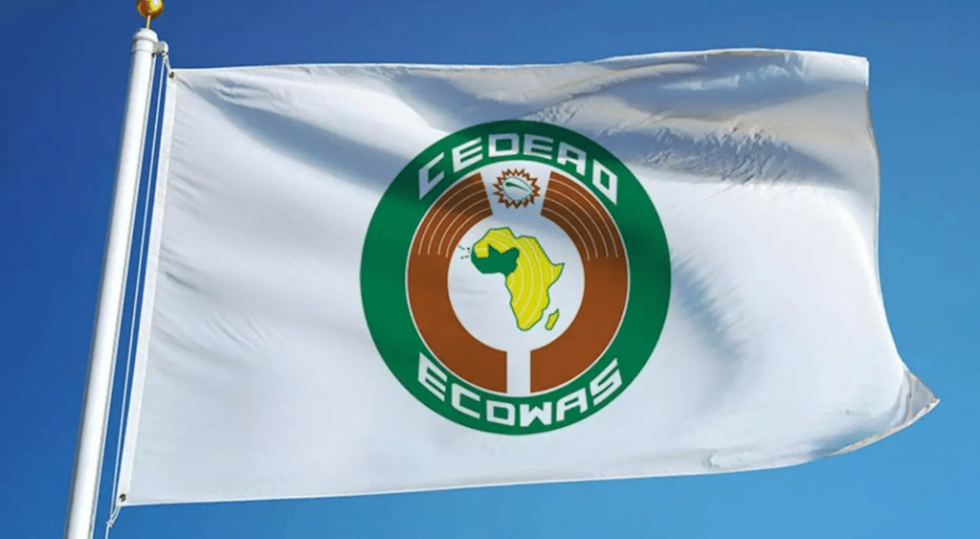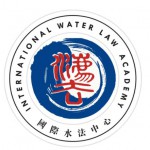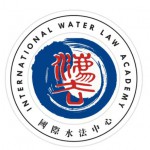Is ECOWAS a Tool or an Obstacle to Decolonization? Migration Governance and Beyond

Tuesday, 15 October 2024
09:00 - 17:00 CEST
This is an online event
The Economic Community of West African States (ECOWAS) is at the centre of discussions on regional integration in West Africa. As a regional integration organization, ECOWAS's most notable endeavour is the 1979 Protocol on the Free Movement of Persons. Existing studies have examined various dimensions of the organisation's development and challenges. Lavenex and Piper (2022), along with Bisong (2019), suggest examining influences from different levels - "above," "below," and "beyond" ECOWAS. This approach considers external influences from Europe and other organizations, as well as internal influences from civil society, as part of a complex governance system that manages migration. External influences, particularly from the European Union (EU), have been examined in the literature, highlighting the challenges they pose to the vision of a borderless West Africa, especially in the context of the EU's technologically advanced migration control strategies (e.g., Dauchy 2023; Donko et al. 2022). Despite these challenges, the persistence of cross-border movement and the dynamic political economy of West African migration, which fosters a kind of regionalization from below, has been recognized (Arhin-Sam et al. 2022). Attention has also been given to the impact of ongoing conflict and xenophobia, as evidenced by the frequent expulsions of ECOWAS citizens, which violate the protocol and hinder further integration (Aniche 2022; Adepoju 2007; Ekanade 2020; Aniche et al. 2022; Aniche et al. 2023). Recent political events, such as the withdrawal of Mali, Burkina Faso, and Niger from ECOWAS and the elections in Senegal, further complicate these issues (Westcott 2024).
This workshop aims to explore how these and other dynamics influence the scenarios of migration without borders (MWB) and a post-national West Africa discussed in the literature (Adepoju 2007; Aniche et al. 2022). Arhin-Sam and colleagues (2022) have urged the development of unique cross-border mobility systems based on West African realities, cautioning against simply replicating models from other contexts, such as the EU. In light of this, the key question of the workshop is: to what extent is ECOWAS moving towards or away from the post-nationalism and decolonization scenario described by Aniche and colleagues (2022), and why?
Opening Remarks
Philippe De Lombaerde
Director, UNU-CRIS
Panel 1: Migration and Regionalism
9:15 - 11:00
Chair: Rossella Marino
Unpacking the 2007 Migration Agreement France-Benin: A Balanced Agreement or an Obstacle to Decolonisation?
Cristiano d’Orsi
Conflicting Interests and Conflict of Laws, the Countries of Origin and the Destination Nations: The ECOWAS and Im(mi)gration Governance Initiatives (RIMGIs)
Ohiaegbu Prince Chiemezue and Samuel Edet
Beyond voluntary Repatriation: A study of the re-emigration of returned Libran Refugees back to Ghana
Joyce De-Graft Acquah
La participation des organisations de la société civile dans le fonctionnement optimal de la migration en Afrique de l’Ouest : Une gestion efficace et le respect des droits des migrants
Abdoulaye Diallo
Barriers and Governance: The Challenges of Free Movement at the Sèmè Border
Herbert Sina Bio and Kamal Donko
Panel 2: Society, Economy and Regionalism
11:15 - 12:30
Chair: Ernest Aniche
Gender Equality and the Gender Pay Gap: A Philosophical Analysis of Implications for the ECOWAS Project
Henry Chibunna Thomas and Chukwuebuka Celestine Ozor
Exploring Identity Authenticity: The Influence of Non-Indigenous Religions on Decolonisation and Cultural Autonomy of West Africa
Chukwuebuka Celestine Ozor
Crisis of Currency Integration and Decolonisation in West Africa since 1975
Aderemi Ojo
Panel 3: Politics, Security and Regionalism
14:00 - 15:30
Chair: Kamal Donko
Bras de fer CEDEAO-AES : la polémique du néo-colonialisme
M. Romaric Lucien Badoussi
The Concept of Post-Nationalism in the Context of ECOWAS: A Philosophical Analysis of its Implications and Challenges
Charles Chukwudi Ugwunnnadi
From Regionalism to Supranationalism? ECOWAS Protocols and Decolonisation of Colonial Borders of Inclusion and Exclusion in West Africa
Ernest Toochi Aniche, Michael Umezu Egbuchulam and Ernest Osita Ugwu
The Role of ECOWAS in Countering Terrorism
Jude Chikadibia Onwunyirimadu
Non-Governmental Organisations/Activists Presenting Their Work
15:45 - 16:45
Entraide et Solidarité
Organisation Guinéenne Pour la Lutte Contre la Migration Irrégulière
Ibrahim Konaté
Closing Remarks
16:45 - 17:00
Rossella Marino
REGISTER HERE
Upcoming Events
Similar Events
No events found.



